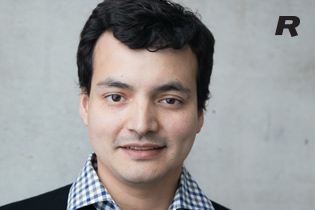 Though many of us who live in North America might not be overly concerned about contracting malaria, for those living in Sub-Saharan Africa — where about 92 per cent of malaria-related death occur, each year — this disease continues to be a huge issue.
Though many of us who live in North America might not be overly concerned about contracting malaria, for those living in Sub-Saharan Africa — where about 92 per cent of malaria-related death occur, each year — this disease continues to be a huge issue.
Adding to this problem, the most prevalent malaria-spreading parasite in Africa has become resistant to the traditional drugs used for treating the disease. Though another group of drugs has become the new gold standard, they are much more expensive to produce.
With so many lives at risk and issues to consider, it can be challenging for foundations and humanitarian groups to get the most value from the millions of dollars raised, every year, for malaria outreach and research.
This is where Gonzalo Romero, an assistant professor in Operations Management at Rotman, hopes he can make a difference.
“With malaria and other outbreaks, it’s important to know how we can make each dollar can go as far as possible,” explains Romero.
Romero’s recent research has focused on how charities and foundations can make the most of fundraised money when it comes to producing affordable drugs for those living in developing countries.
For this study, which was published in Management Science, Romero developed a model where a product, such as a disease-fighting drug, would need to be produced in massive quantities and sold at affordable prices. By varying how much funding different drug manufacturers would receive to run their production lines, Romero examined how supply and prices were impacted.
In the end, he found that the hypothetical drug was most affordable and accessible to consumers when manufacturers were given the same amount of money for each unit they produced.
The findings were surprising for Romero and his colleagues, who had initially expected that backing more productive firms would result in better outcomes.
“It might be hard to believe, but the evidence is clear in our work,” explains Romero. “We can’t ignore that there are market dynamics going on in the background. Favouring certain firms over others artificially puts them at an advantage and could drive up prices or drive down production.”
This means that many people in need wouldn’t be able to access needed medicines.
Romero’s findings provides valuable guidance for humanitarian organizations on how to distribute funding among groups that might vary in size and efficiency.
“It’s rewarding to know that this work could have a real impact,” says Romero. “We were able to identify an important operational practice that will benefit the most people.”
Written by Rebecca Cheung | More Rotman Insights »